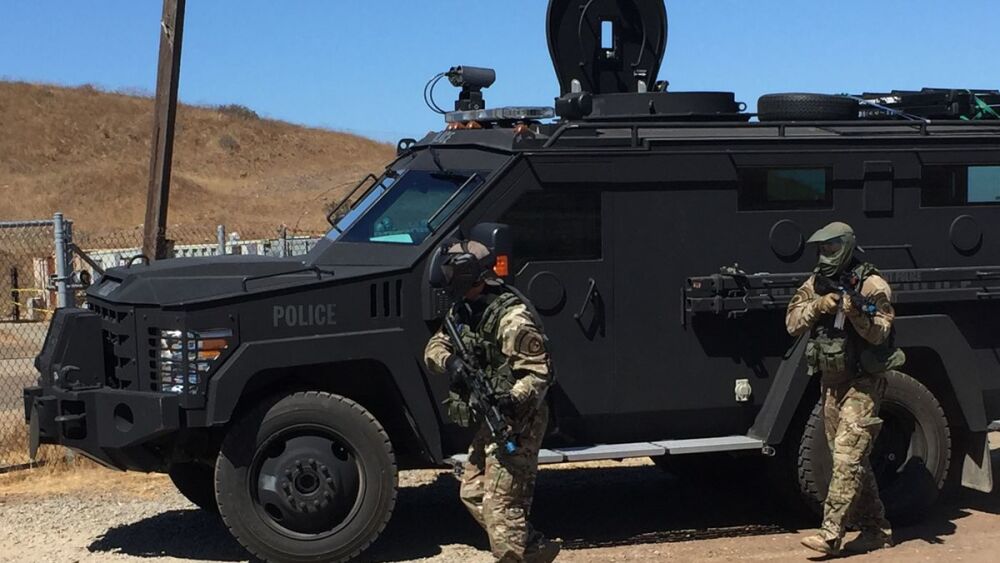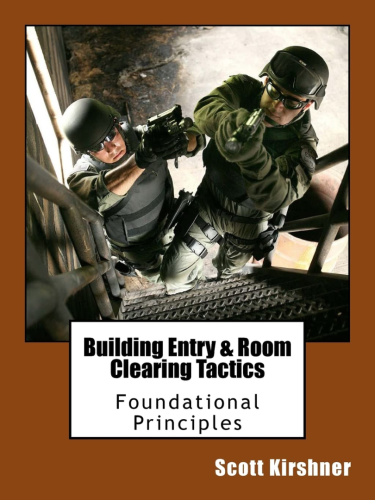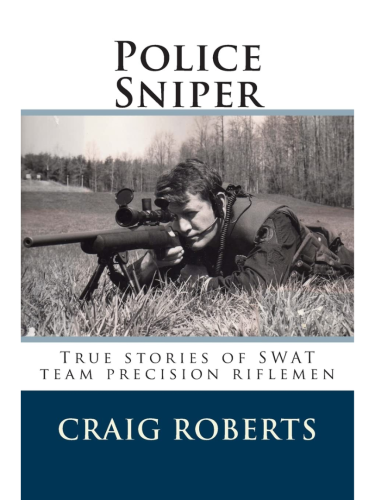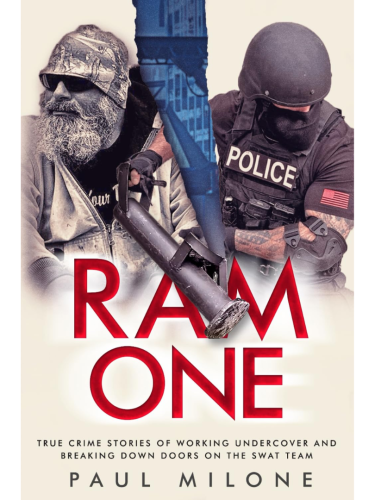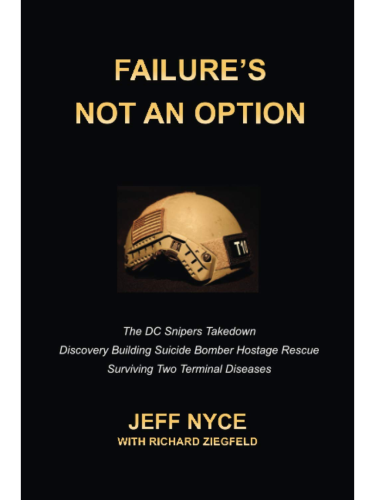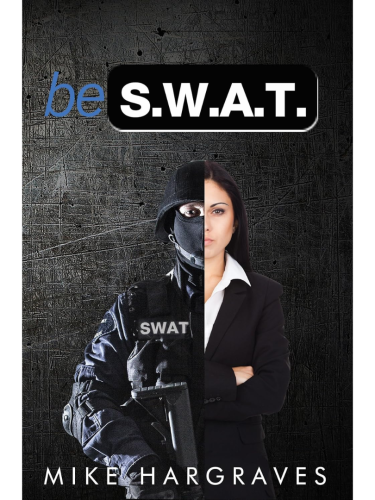SWAT has come a long way since the early years when teams consisted of a highly motivated group of volunteers wearing camo uniforms and tactical vests. Armed with their sidearms and military hand-me-down M-16s, teams often arrived at the scene of a callout in a modified delivery truck donated by a local bakery.
Early SWAT operators of the 1960s shared a vision with current SWAT operators. SWAT teams will always be comprised of men and women who constantly strive to be at their best when other people are at their worst.
SWAT teams have since expanded their capabilities to better meet their mission. Here is a brief explanation of some of the specialty skills possessed by modern SWAT teams.
Officer in Charge
The officer in charge is the commander, and on most teams has the authority to make all decisions at the scene of incidents. Most officers in charge today have worked their way up the ladder within the team as well as the department. Possessing rank, in addition to SWAT experience, they thoroughly understand their team’s capabilities.
Tactical Team Leader
Tactical team leaders prepare plans for the tactical resolution of the problems faced at each callout and submit them to the officers in charge. Once approved, team leaders have the authority and flexibility to quickly alter the operation if conditions on the ground suddenly change.
Tactical Team Operator
Tactical team operators carry out the tactical plan. They should be in top physical condition and possess excellent tactical, physical and firearms skills. Operators train on a regular basis with other members of their team. A SWAT team that does not train together regularly will eventually become a “team” in name only.
Counter-Sniper/Observer
The counter-sniper/observer has exceptional skills to see without being seen and provide a protective overwatch for the team before, during and after the incident.
Crisis Negotiator
Crisis negotiators are like American Express. Teams hopefully never leave home without one. The possibility of a suspect barricading exists on every callout. Negotiators can bring a peaceful resolution to a situation or, at the very least, give the tactical team time to plan and take effective action.
Investigator
The investigator endeavors to discover the who, what, when, where and why of a crisis as it unfolds. The investigator can gather that information even as negotiations begin and the tactical team deploys. The team investigator also possesses the ability to streamline attempts to obtain any warrants necessary to facilitate a developing tactical plan.
Grenadier (Munitions Expert)
An increasing variety of chemical and impact munitions, as well as delivery systems, are available for tactical units. The grenadiers strive to maintain the certifications required as an expert/trainer. They train team members as users, as well as keep the department’s munitions current.
Breacher
Lives depend on getting through that fatal funnel quickly. A trained breacher has the ability to use all tools effectively, from pry bars to the explosive option. The better the breacher, the safer everyone involved will be.
Team-Member Trainer(s)
A team is only as good as it is trained to be. The team-member trainer affordably maintains the team’s constantly sharpened edge.
Armorer
In a perfect world, every tactical operator should be skilled enough to armor their own weapons, but this is not practical. The armorer can inspect, maintain, and, when necessary, repair all weapons on the team.
Quartermaster (Logistics Officer)
The team’s logistics officer is responsible for arranging for the acquisition, management and maintenance of the team’s equipment. This individual is a master of the budgeting process and aware of all federal grants and military surplus programs to enhance the capabilities of the team with affordable, practical equipment.
Empty Hands Specialists
All operators should possess exceptional empty-hand capabilities. There comes a time when suspects need to be expertly and immediately controlled. Every entry team should have some members who excel in this area, and who can train others on the team as well.
Technology Specialist
The technology specialist is usually a team member who has a natural inclination toward technology. This individual can handle everything from constructing the PowerPoint for the after-action briefing to the operation of any robot cameras. The “SWAT geek” can also keep the team abreast of advancements in the technological field.
Shield Specialist
There is an adage that is still true today. “It is easier to throw a spear than to carry a shield.” Skill, strength and endurance are necessary to be effective with a ballistic shield. This can only come from practice. The newbie with a shield will wear out early and constantly over-penetrate. A shield master at work is a beautiful thing to watch.
Vehicle Operators
Long gone are the bakery trucks. The Bearcat and Bell helicopter are just two of the specialty vehicles requiring special training for their operators.
Tactical Emergency Medics
Battlefield deaths are going down because of the expertly trained medics and corpsman traveling with deployed combat units. SWAT teams now also have that medical expertise at every callout, with tactical medics ready to give emergency medical care to fellow officers, victims and suspects.
Marked Units
Team leaders have learned they must have the ability to pursue and stop vehicles containing suspects worked into every tactical plan.
Air/Water Assault
Depending on the lay of the land in your jurisdiction, you may have to add these capabilities. Alaska State Patrol could not cover the area they have without air support. If you operate a port facility, your team will find itself sooner or later on, or even in, the water.
Individual team members often wear many of these hats on a team, because the thing that makes a team great is not gadgets and equipment, but a team’s skilled personnel.
This article, originally published August 13, 2013, has been updated.


